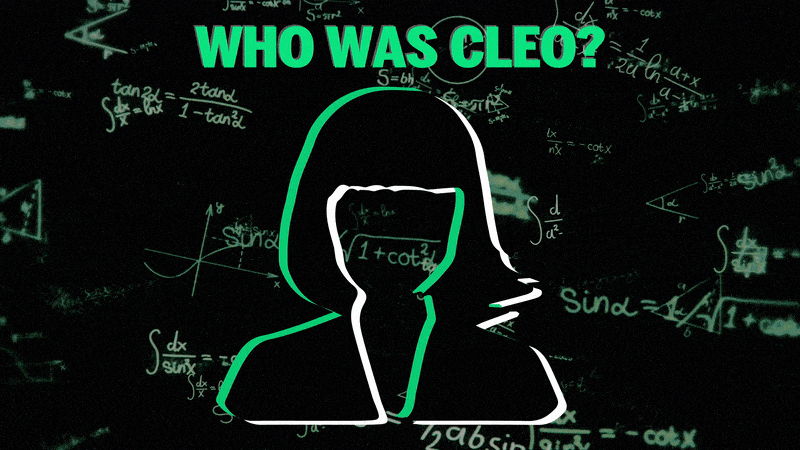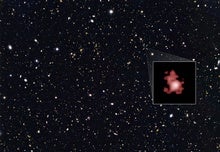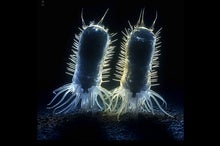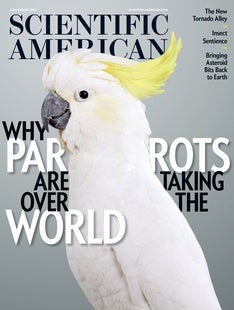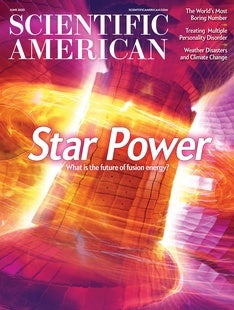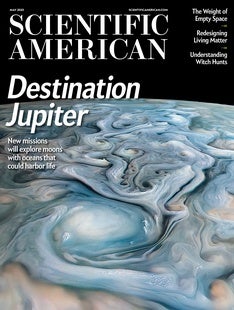 |
| June 16, 2023 |
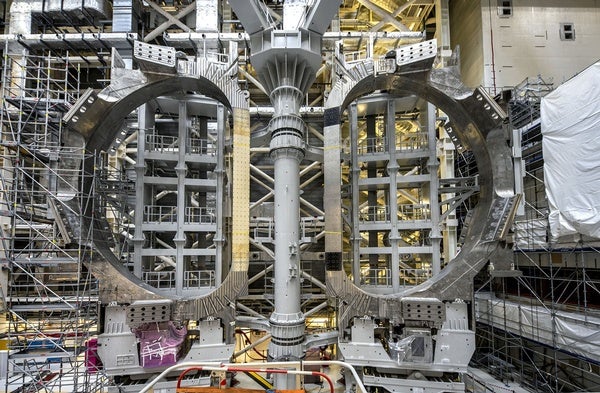 |
| |
| |
| |
| |
| |
| |
| |
| Mathematics Cleo, the Mysterious Math Menace In 2013 a new user named Cleo took an online math forum by storm with unproved answers. Today she's an urban legend. But who was she? |  | By Allison Parshall,Tulika Bose,Carin Leong | 11:46 | | | |
| Fitness Can You Change Your Metabolism? Though you might not be able to significantly rev up your metabolism, there are ways to boost the energy your body burns while doing nothing | | | | |
| |
| |
| |
BRING SCIENCE HOME
 | | Build the Best Big-Bubble Wand | 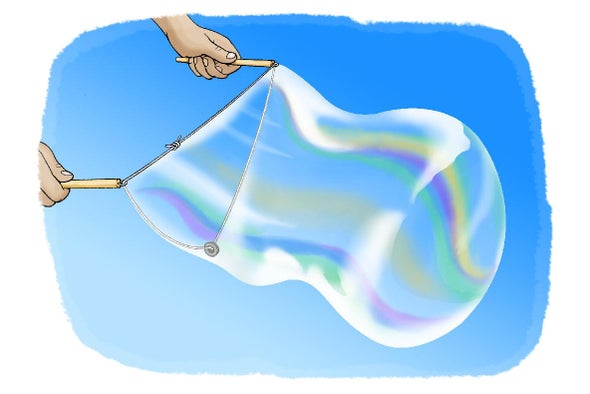 Bigger and bigger... How big can you make a giant bubble before it pops? Try this simple science activity and find out! Credit: George Retseck | Have you ever tried to blow a bubble, and no matter how hard you try—that bubble just won't form? Why does this happen? Why do bubbles form at all? And why is it harder to blow bubbles sometimes? In this activity we're going to explore how bubbles form, and test the limits of how big our bubbles can get! | |  | |
LATEST ISSUES
 |
| |
| Questions? Comments?  | |
| Download the Scientific American App |
| |
| |









